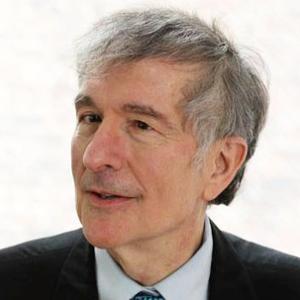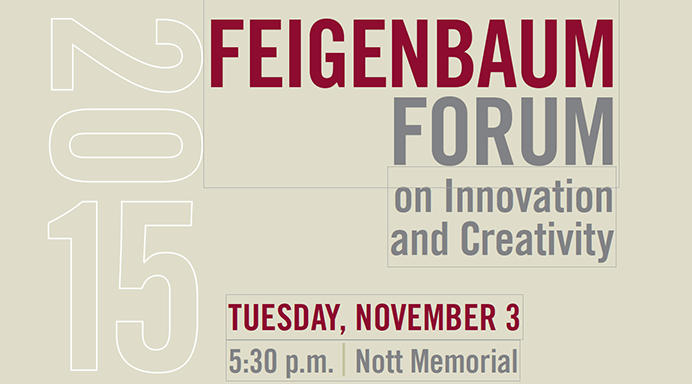Howard Gardner, an internationally-renowned psychologist who developed the theory of multiple intelligences that revolutionized how educators teach their students, will be the inaugural speaker for the Feigenbaum Forum on Innovation and Creativity.
Gardner’s talk is Tuesday, Nov. 3 at 5:30 p.m. in the Nott Memorial. It is free and open to the public.
The John H. and Elisabeth A. Hobbs Professor of Cognition and Education at the Harvard Graduate School of Education, Gardner is the recipient of numerous honors. He was awarded a MacArthur Prize Fellowship in 1981. In 1990, he was the first American to receive the University of Louisville’s Grawemeyer Award in Education, and in 2000 he received a Fellowship from the John S. Guggenheim Memorial Foundation.
The author of dozens of books and articles on intelligence and creativity, Gardner is best known for his theory of multiple intelligences, a critique of the notion that there exists but a single human intelligence (such as the traditional IQ) that can be assessed by standard psychometric instruments.
He first outlined his theory in his groundbreaking 1983 book "Frames of Mind: The Theory of Multiple Intelligences," suggesting that people do not have solely an intellectual capacity, but possess many different intelligences including musical, interpersonal, spatial-visual, mathematical and linguistic.
Since then, educators around the world have adapted their teaching style to incorporate the multiple intelligences theory into their classrooms, making Gardner one of the most influential educational reformers.
In 1993, Gardner authored "Creating Minds: An Anatomy of Creativity Seen Through the Lives of Freud, Einstein, Picasso, Stravinsky, Eliot, Graham, and Ghandi," which has served as a guide to the creative self. Publisher's Weekly wrote that "in this boldly ambitious study, Gardner profiles seven creative giants. Creativity, he argues, is not an all-purpose trait but instead involves distinct intelligences, as exemplified by Picasso's visual-spatial skills or by Gandhi's nonviolent approach to human conflict or Martha Graham's search for a distinctly American form of bodily expression."
Gardner has received honorary degrees from 29 colleges and universities, including institutions in Bulgaria, Canada, Chile, Greece, Ireland, Israel, Italy, South Korea and Spain. In 2005 and again in 2008, he was selected by Foreign Policy and Prospect magazines as one of 100 most influential public intellectuals in the world. In 2011, he received the Prince of Asturias Award for Social Sciences.
He has been elected a member of the American Academy of Arts and Sciences, the American Philosophical Society, the National Academy of Education, and the London-based Royal Society for the Encouragement of Arts, Manufactures, and Commerce. He serves on a number of boards, including New York’s Museum of Modern Art.
For Gardner’s bio, click here.
The forum is made possible through a gift from the Feigenbaum Foundation. The foundation was created by brothers Armand V. Feigenbaum ’42 and Donald S. Feigenbaum ‘46, longtime benefactors to Union. Acknowledged world leaders in systems engineering and total quality control, the brothers founded General Systems Co., the Pittsfield, Mass.-based international systems engineering firm that designs and helps implement operational systems for corporations and governments worldwide.
Armand died November 2014; Donald, March 2013.
For more than a dozen years, the brothers hosted the Feigenbaum Forum, a gathering on campus at which academicians discussed characteristics of a new generation of leaders and how better to integrate liberal arts and other studies.
The new program builds on this event by bringing in nationally and internationally ranked speakers who have revolutionized their fields of endeavor through contributions deemed innovative and creative.
“We are excited to host what promises to be an exciting and engaging forum featuring some of the world’s brightest minds,” said President Stephen C. Ainlay. “We are grateful to the Feigenbaum Foundation for allowing us to continue Armand and Donald’s legacy in a meaningful and creative way.”

